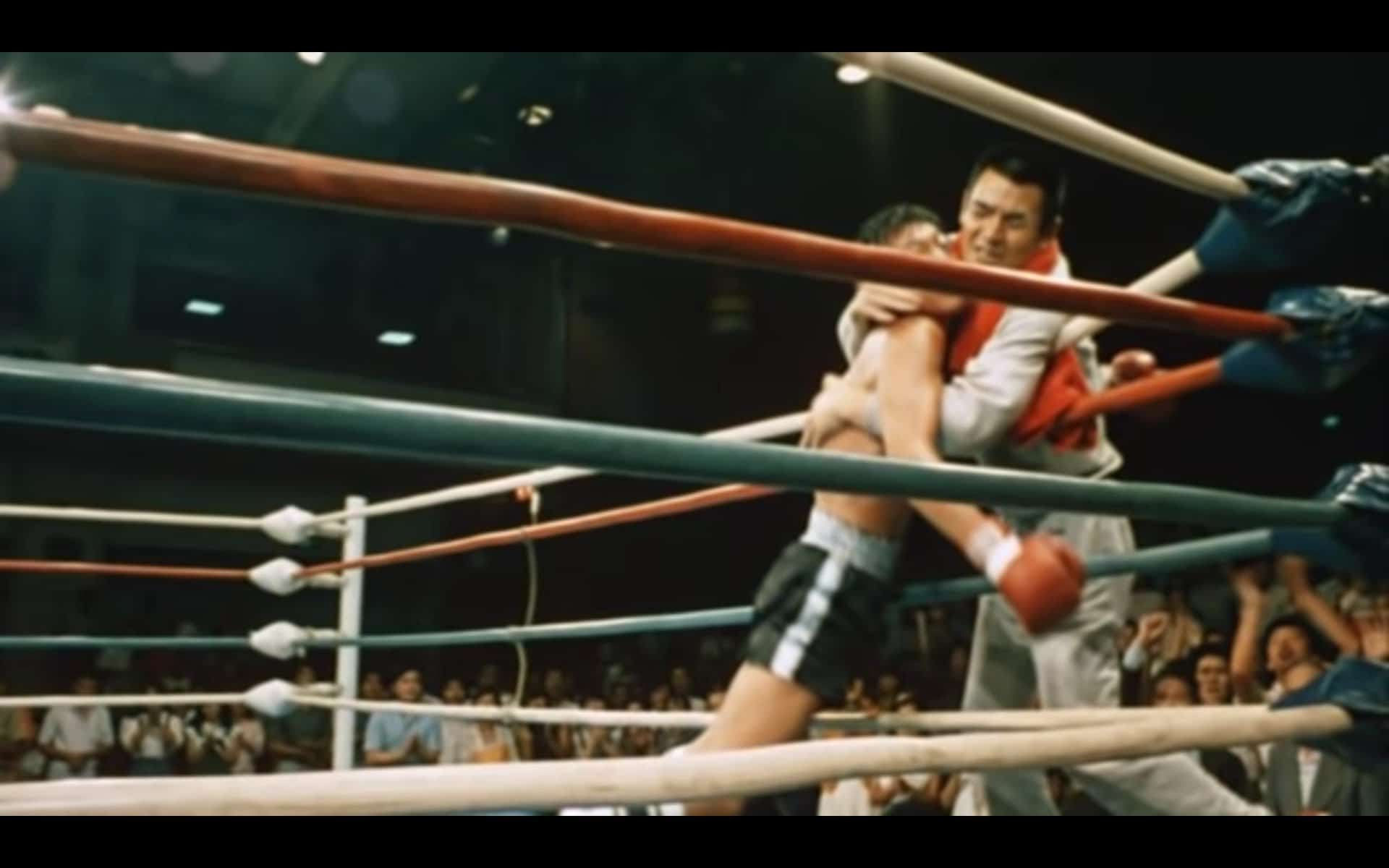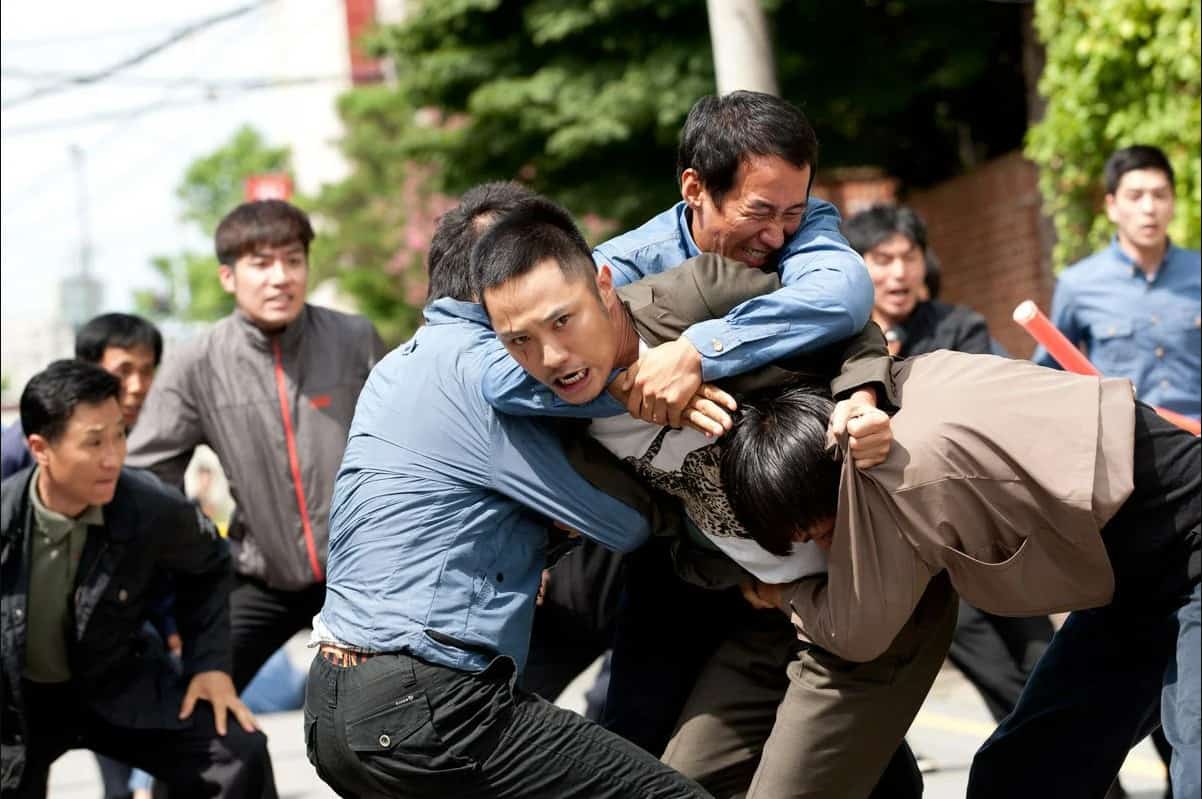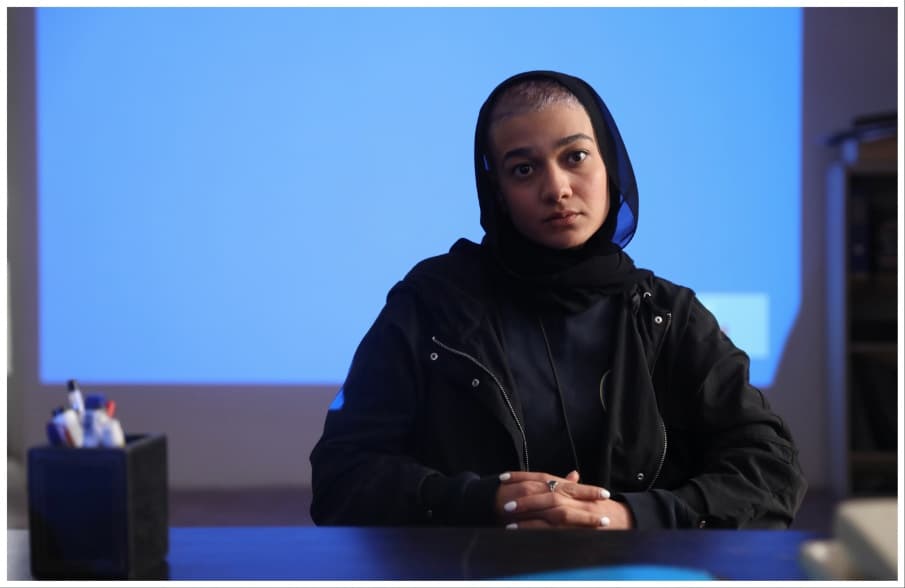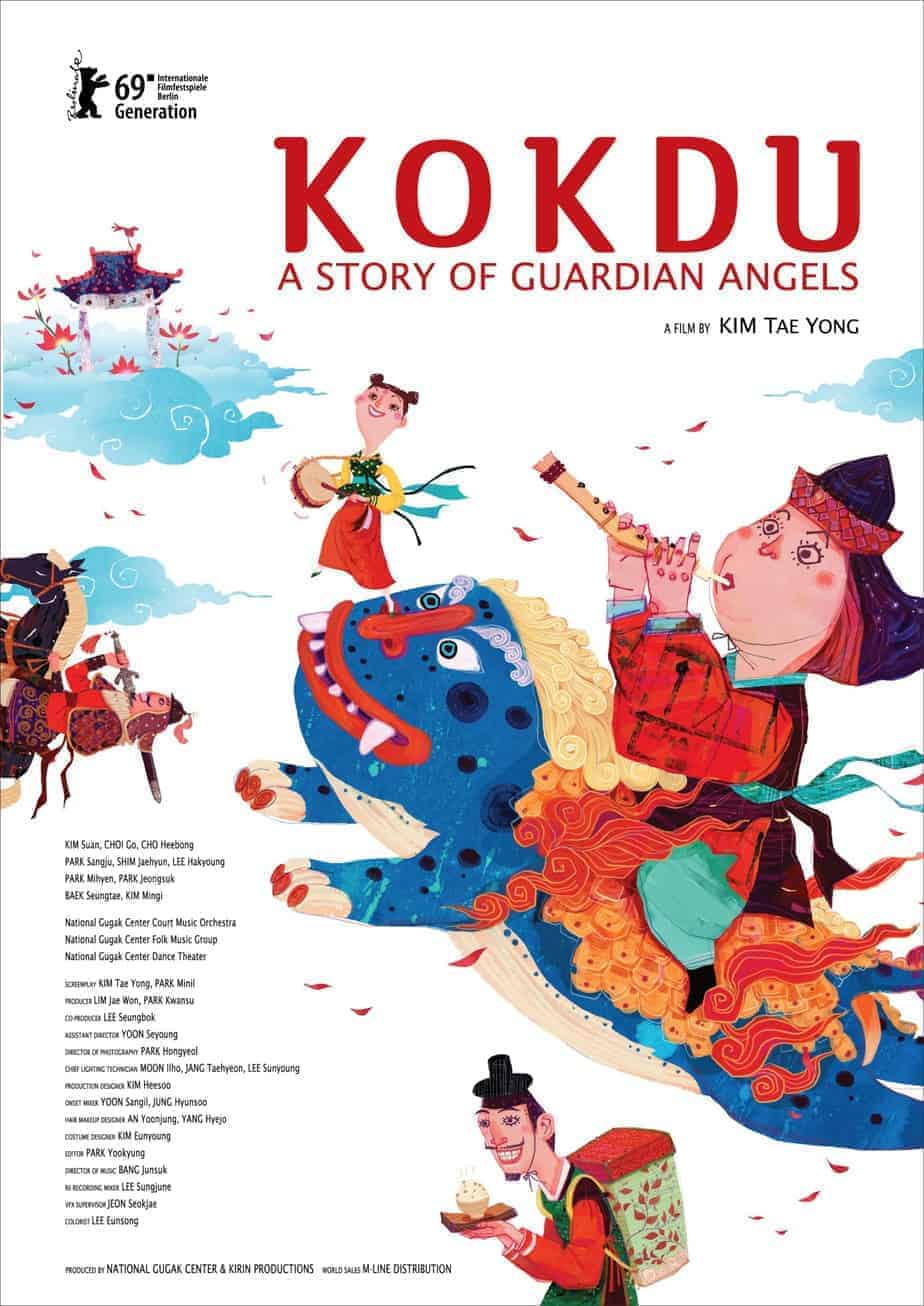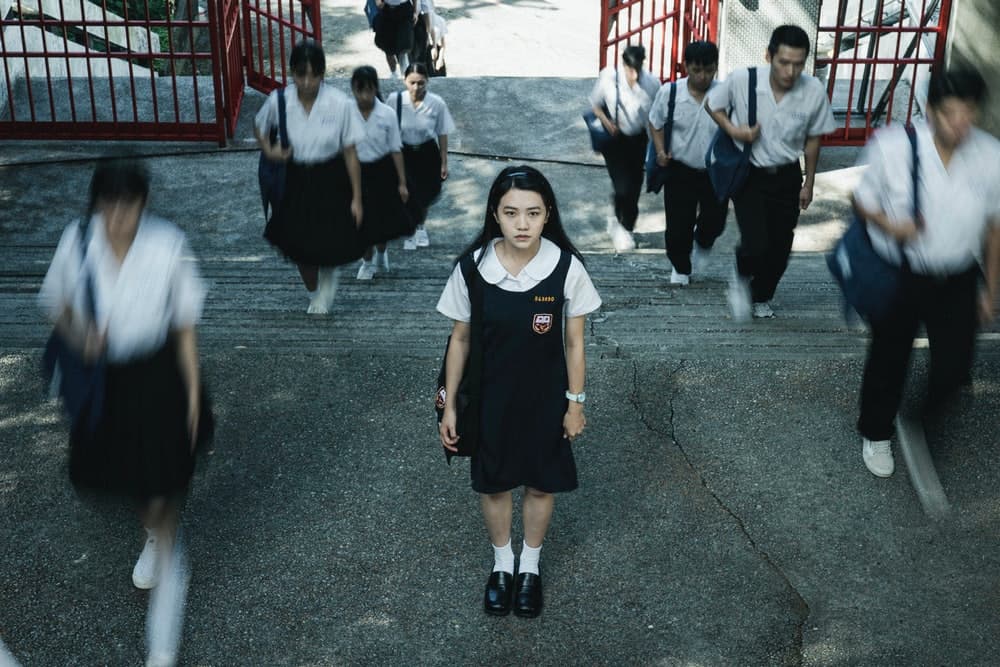From the director's statement: “Misato Namba, an actress, asked me to direct a film she wanted to make with her friends. I had started making independent films a year earlier, and was happy to be asked by someone for the first time, so I immediately said I would do it. They came up with a “horror story set in a school” plot, and Jiro Matsuda, a screenwriter, converted it into a scenario, and then I shot it as I liked, making it various changes on location. Someone else came up with the idea, someone else wrote the script, and then we changed it on the set. It was fun to see how the story kept changing, and I still have fond memories of this film. We had a lot of fun shooting on the location limited within the school, so please enjoy watching the film.”
And Again We Are Going Up is streaming on TodoiF

Kaede, Ryota, Mana, Asahi, Haruka, Soshi, and Tatsumi were friends in high school. Now in their 22s, they decided to visit the school they attended, the one where Tatsumi had committed suicide during their years there. They stop by the library and find a book on séance techniques, and then begin to perform “Kagome” necromancy. Immediately, strange things start happening, as the members of the group start moving around the school and the terrace, and soon they realize that they are trapped. In the meantime, Kaede, who was the least enthusiastic of all for the whole thing, seems to harbor a secret regarding her and Tatsumi.
Teppei Isobe directs a rather unusual 33-minute film, which although being a low-budget, stage-play like endeavor, manages to be both a mystery thriller and a social drama. Probably not being able to spend much money on the SFX, Isobe, who was also in charge of editing, implements a number of frequent and abrupt cuts, as much as repeating sequences, in order to create a sense of labyrinthic disorientation, which, although not perfect, does work quite well for the movie, both in terms of aesthetics and context.
Regarding the second aspect, after a point, it becomes evident that the no-way labyrinth the group find themselves into, has to do with the fact that they cannot find closure regarding the suicide of their friend, particularly since the reasons are not clear to them at all. Kaede seems to suffer the most from this issue, something that is also evident in the effort of everyone to escape. That she only manages to do so when she acknowledges what has happened in the past and her role in it, continues on the same path, while adding a new element to the narrative, which is better not revealed here though.
Lastly, the whole concept of the “Kagome” and eventually, “Megoka” is the main source of supernatural horror here, in an aspect that also adds to the overall atmosphere, with Isobe mixing the two nicely throughout the movie, also due to the competent framing, which results in a setting that frequently feels suffocating. .
Gorgeous Misato Namba as Kaede is the obvious protagonist here, particularly after a point, with her portraying her agony, angst, regret and eventually relief quite convincingly, in the anchoring performance of the movie. Mai Matsumoto as Tatsumi steals the show near the end of the movie with her somewhat outwardly performance.
“And Again We Are Going Up” is somewhat raw, but the combination of social drama, mystery, and supernatural thriller works quite well here, while Misato Namba provides an additional point of appeal.




